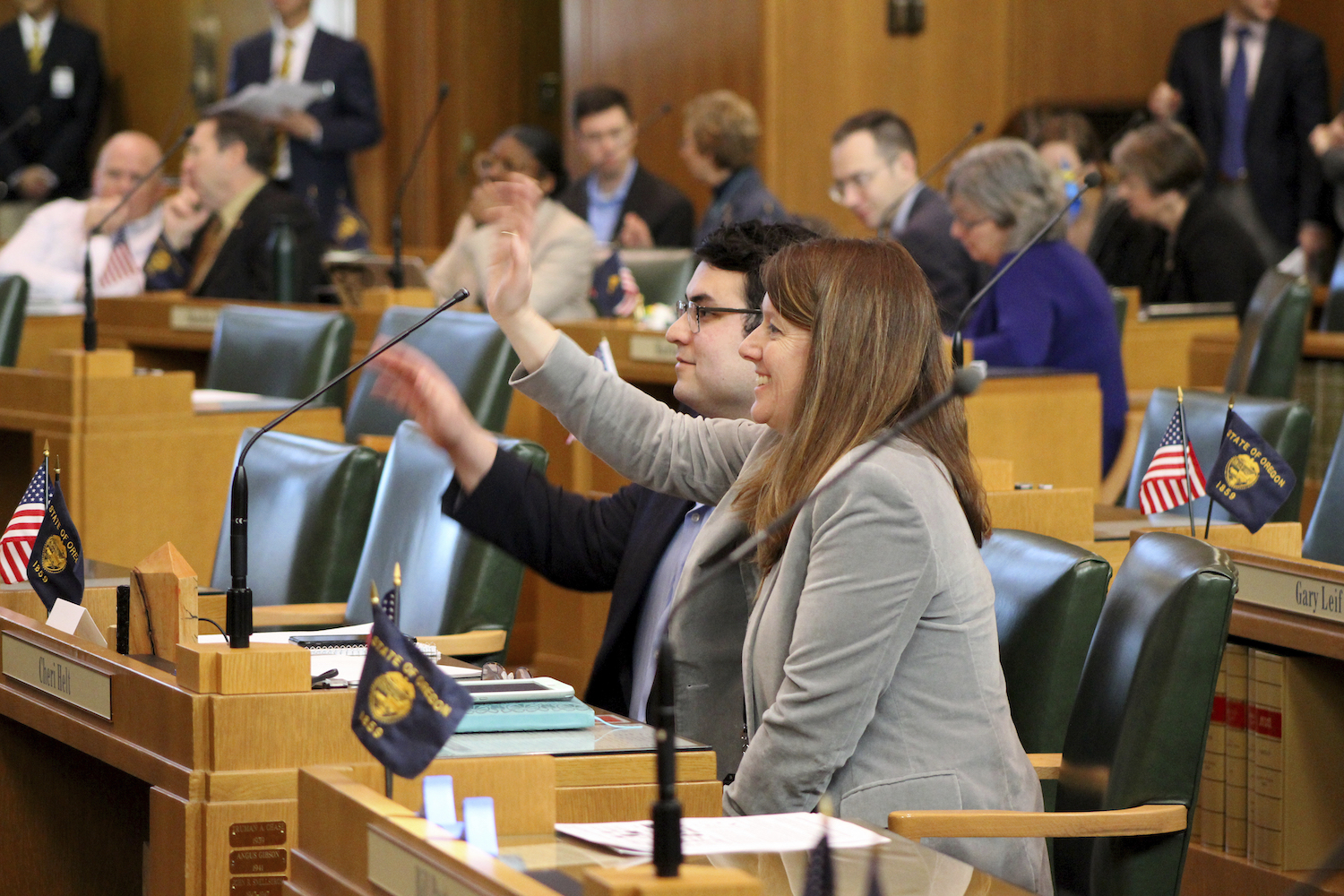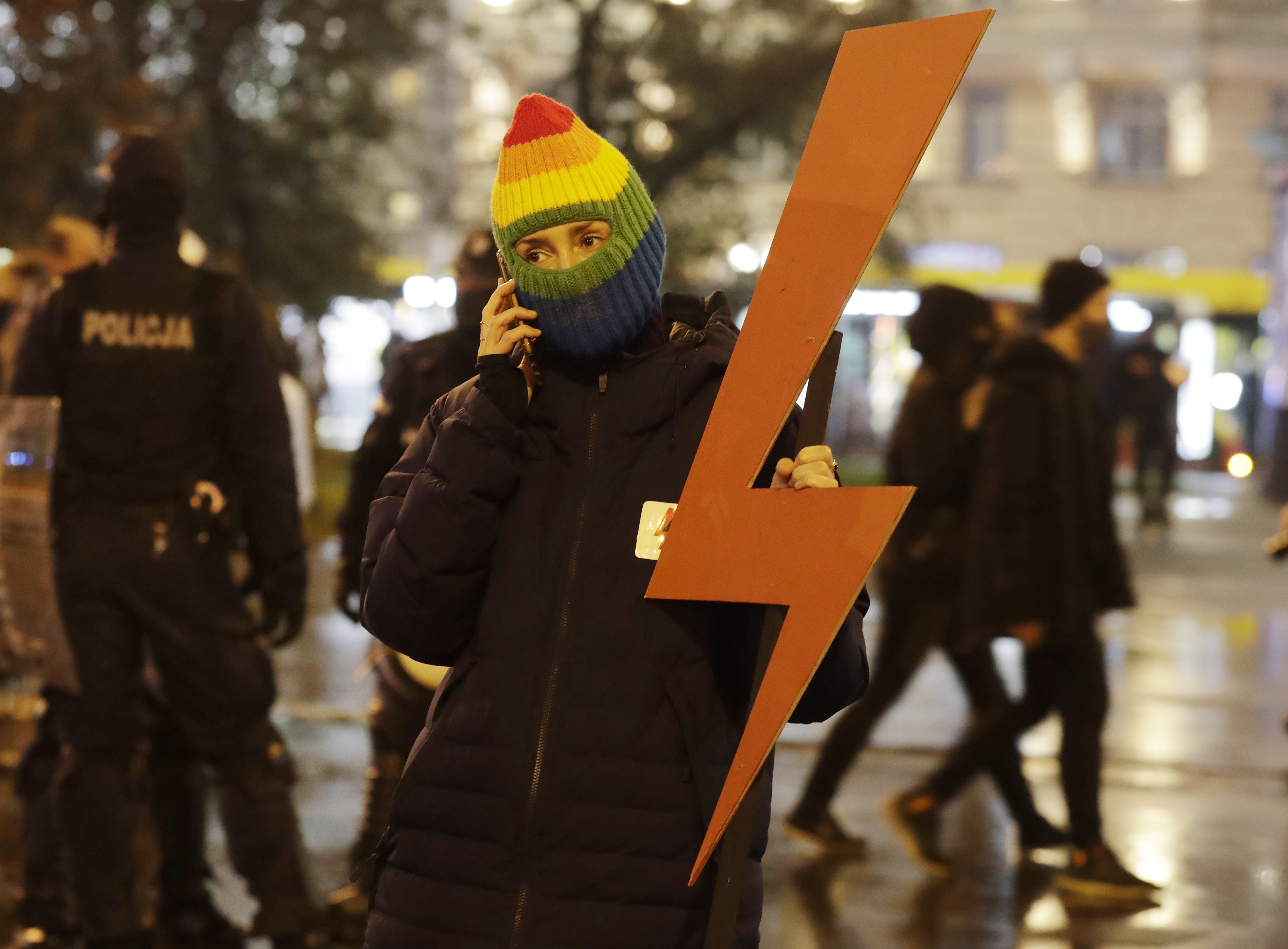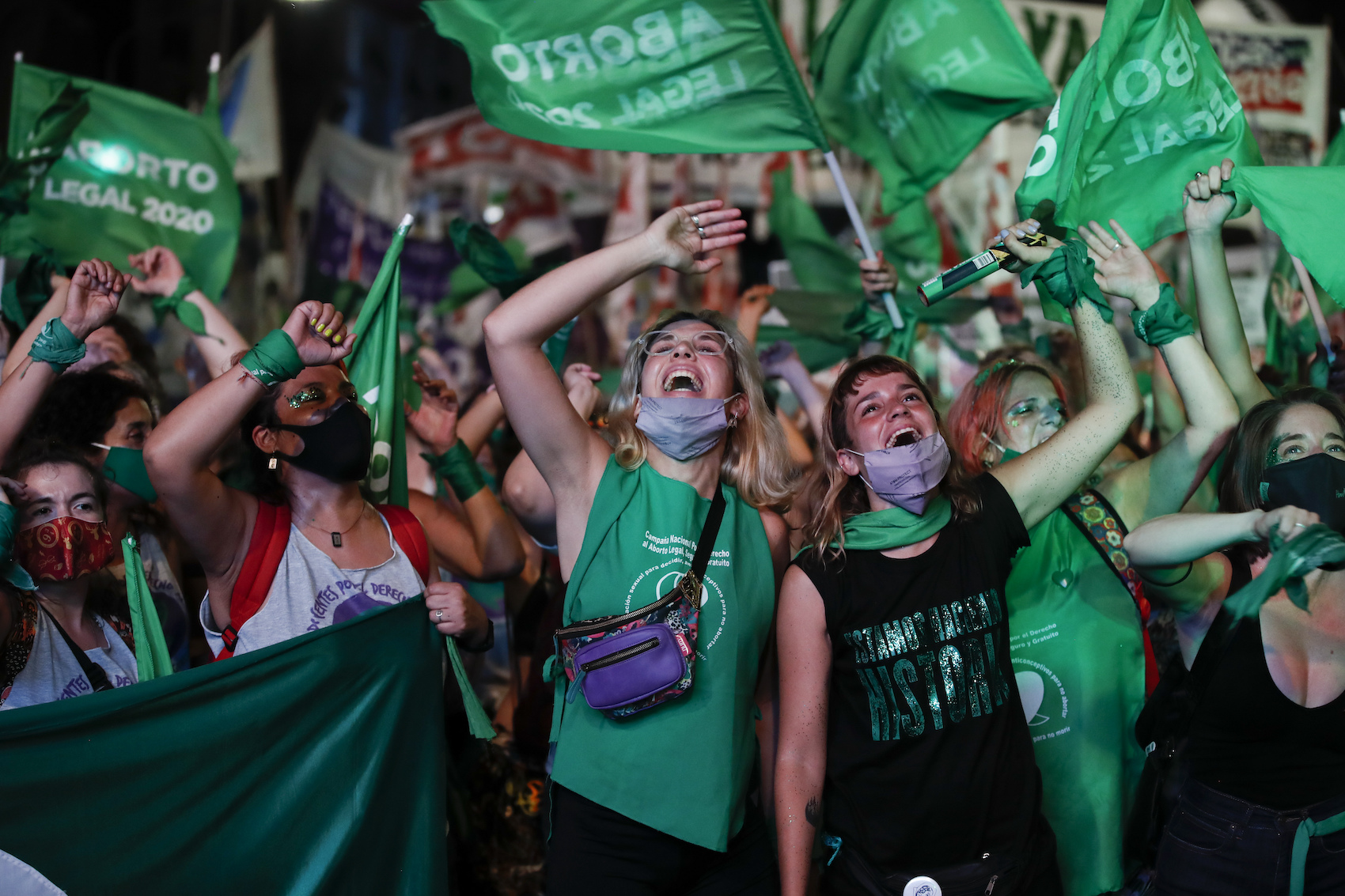January 25 Amsterdam, Netherlands: With the government issuing a nationwide curfew to curb the spread of COVID-19, youth rioters took to the streets of the Netherlands, according to AP News. The mass unrest began as protests against the country’s strict lockdown, but a social media frenzy later led to riots, vandalism and looting. The curfew is the country’s first since it was last implemented during World War 2, according to The Guardian. The towns and cities of Rotterdam, Amsterdam, Haarlem, The Hague, Den Bosch, Geleen, Goes, North Holland, Eindhoven and Nijmegen have all been affected by the rioting. Some locations had an increased police presence to disperse crowds using teargas and water cannons. “This has nothing to do with protest,” said Prime Minister Mark Rutte. “This is criminal violence.”
January 26 Naypyitaw, Myanmar: Mounting voting fraud statements prompted the Myanmar military to issue a warning that they will “take action” if the dispute is not settled, according to Reuters. Military spokesperson Brigadier General Zaw Min Tun said the military will keep within the rulings of the constitution to resolve the matter, according to the Myanmar Times. Various political parties have stated issues with the elections ranging from irregular or inconsistently used voter lists to vote-rigging and outright refusals to acknowledge the results. “We will take all available action including sending [it] to the Supreme Court,” Zaw Min Tun said. “We do this because we want a strong democratic system.”
January 27 Warsaw, Poland: The Polish government implemented a near-absolute ban on abortions which was met with widespread protests, according to Reuters. The protest took place in several Polish cities in a “women’s strike” effort that saw 400,000 people fight for the right to have an abortion on grounds of fetal defects, according to The Guardian. Before the implementation, abortions had only been allowed on ground of rape, incest or if the person’s health would be compromised through childbirth. The country is also home to a largely Catholic population, with a majority of doctors declining to perform abortions because of religious reasons. “For [the Law and Justice Party] it is not about protecting life,” said Donald Tusk, former president of the European Council. “Under their rule more and more Poles are dying, and less are being born.”
January 29 Brasília, Brazil: Vaccine advocacy remix “Vacina Butantan” by MC Fioti went viral, attempting to make the vaccine-hesitant Brazilian populations change their mind, according to The Guardian. The song had been remixed to honor doctors—especially, those who worked in the Butantã research center, thanks to São Paulo’s governor, João Doria, who contacted MC Fioti upon noticing the song’s potential to promote vaccinations. “We are getting the message across,” MC Fioti said. “But more than 2 million people have already died around the world. We’ll only get rid of this virus together and by getting vaccinated.”
January 30 Singapore: Singapore temporarily suspends its green lane agreement with Malaysia, South Korea and Germany as COVID-19 cases rise, according to Al Jazeera. The agreement between the four countries had allowed citizens to travel between regions. Though the suspension will last three months, those with approved travel permits will not be kept away. “The government of Singapore regularly reviews its border measures to manage the risk of importation and onward local transmission of COVID-19 from travellers [sic],” the announcement from the Ministry of Foreign Affairs stated. According to The Straits Times, Japan and Indonesia had been part of the agreement but new applications have been postponed. Brunei and select Chinese cities are currently the only ones openly allowed to travel to Singapore.






